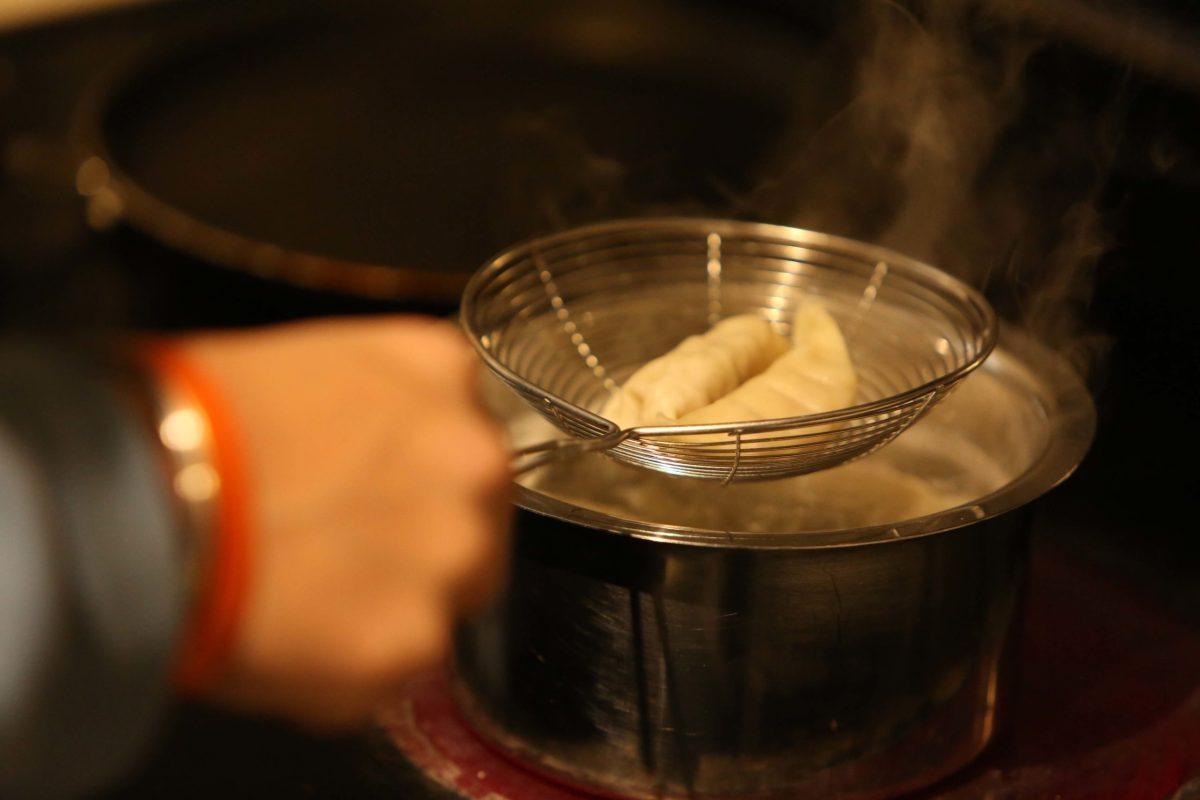Over the course of the past year, the majority of the population has dramatically increased leisure activities to cope with the pandemic. These trends relate to wider social issues amongst the populous and mental health problems in individuals.
Google searches reveal what leisure activities have been on many people’s minds during the past year. Words related to domesticity such as “recipe,” “bread” and “sewing” have shown a huge surge in searches since the beginning of the pandemic.
Why is it that domestic leisurely activities, amongst many others, are trending? Trillion Small – a UTD professor of the psychology of adjustment – said this could be a psychological response to the distress that many are facing due to the pandemic.
“Coping, essentially, is finding that balance between the things that are being presented to me externally. If they seem like they’re a little bit more than I could handle, that’s when our coping mechanisms kick in,” Small said. “The ultimate goal is really to find an ease and create a way in which you can decrease that level of distress.”
Given that many people did not foresee a pandemic, Small said, they were left blindsided.
“When there is a great deal of ambiguity, uncertainty, it can induce intense fears of the unknown,” Small said. “When we are left kind of in this space of ambiguity, our anxiety levels can increase, right? So, whenever we are anxious, it’s pretty common for us to reach for comfort.”
This comfort can come in many forms, and it’s possible for people to revert to doing the things that they once found comfort in, Small said.
“Think about that little kid who goes and grabs their blanket when they’re wanting to self-soothe,” Small said. “We naturally do that as even as adults; we reach for things that give us comfort.”
Kacey Sebeniecher, director of the Student Wellness Center, said that leisure activities – beneficial or not – can be considered coping mechanisms.
“It just depends on what a person is using for their coping mechanism,” Sebeniecher said. “A good way to tell (if this) is this crossing a line and becoming unhealthy is asking yourself, ‘is this affecting other areas of my life?’”
Since leisure activities are considered coping mechanisms, they should be used to take care of mental health, Sebeniecher said.
“What do you enjoy? If it’s gaming, if it’s being outside, if it’s baking, home decor, painting art, anything you really enjoy, find time for it in your daily schedule,” Sebeniecher said. “And when I say daily, every single day we should be focused on stress management and self-care.”
With extra time spent at home, 12 million people joined a streaming service such as Netflix, Amazon Prime Video or Disney+, according to Ofcom’s Media Nations 2020 report. Similar spikes were shown in video games as well. According to a study by the NPD Group in November 2020, total time spent gaming increased 26% and total money spent increased 33% since the onset of the pandemic.
Prioritizing mental health is especially important right now, as widespread social isolation can impact depression and any sort of pre-existing condition, Sebeniecher said. Although the pandemic has actually caused the onset of such conditions in many people, Small said, this time can also be seen as an opportunity.
“It gives you the opportunity to realize your impermanence, which means you’re not going to be here forever,” Small said. “We don’t know when our next breath is going to be, and I think the pandemic has given us a beautiful opportunity. And I use that word opportunity instead of saying problem because problem naturally makes you feel like it’s something we have to fight. That’s what adjustment is all about. How can you see things as an opportunity rather than as a problem?”







